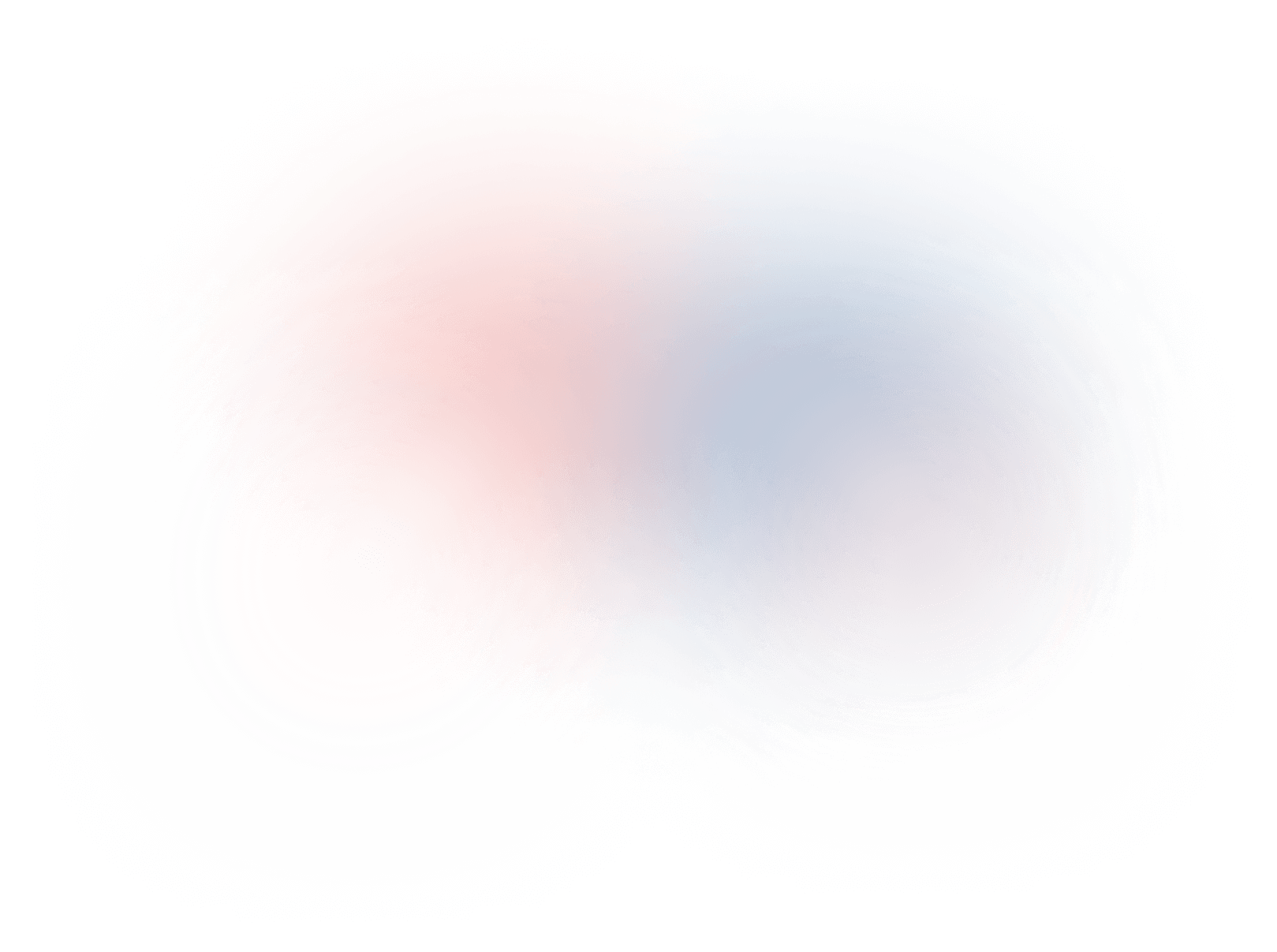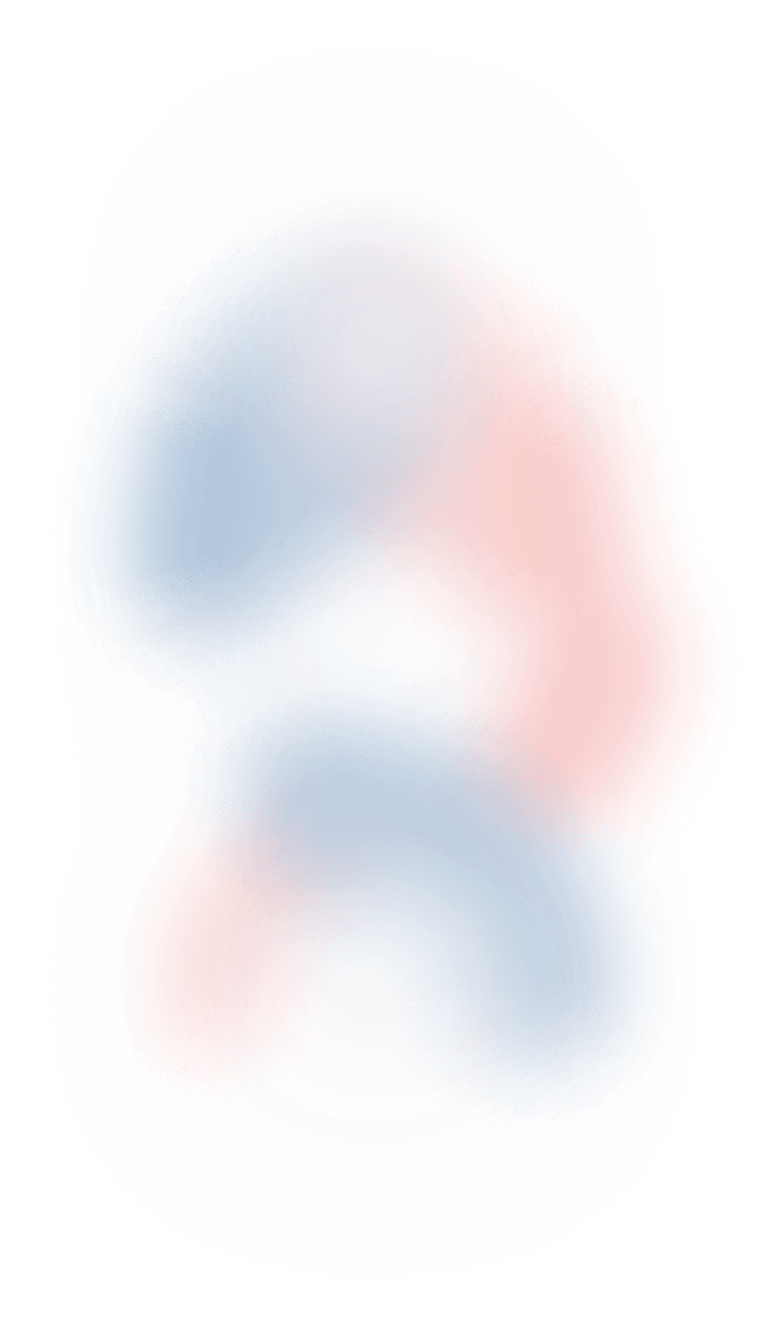Alabama cannabis law
Key points
Legal status
Medical Program
Possession limits
| Medical patients | 70 daily dosages |
| Recreational users | Illegal |
State taxes
| Medical patients | 9% Cannabis Privilege tax, 9% sales tax |
| Recreational users | Not applicable |
Cultivation
Cultivation is illegal



Do I qualify?
Find out if you're eligible for medical cannabis with our quick and easy quiz

👋 What if I didn’t find my disease on this list?
You might be surprised at the many qualifying conditions for a medical marijuana card 👌

Concise guide to Alabama's medical marijuana laws
- Autism Spectrum Disorder (ASD)
- Cancer-related cachexia, nausea or vomiting, weight loss, or chronic pain
- Crohn’s Disease
- Depression
- Epilepsy or a condition causing seizures
- HIV/AIDS-related nausea or weight loss
- Panic disorder
- Parkinson’s disease
- Persistent nausea that is not significantly responsive to traditional treatment, except for nausea related to pregnancy, cannabis-induced cyclical vomiting syndrome, or cannabinoid hyperemesis syndrome
- Post Traumatic Stress Disorder (PTSD)
- Sickle Cell Anemia
- Spasticity associated with a motor neuron disease, including Amyotrophic Lateral Sclerosis
- Spasticity associated with Multiple Sclerosis or a spinal cord injury
- Terminal illness
- Tourette’s Syndrome
- A condition causing chronic or intractable pain in which conventional therapeutic intervention and opiate therapy is contraindicated or has proved ineffective
- * State law further requires recommending physicians to cite documentation indicating that “conventional medical treatment or therapy has failed” prior to issuing a medical cannabis recommendation.
Registered patients are permitted to possess a maximum of “70 daily dosages” of medical cannabis at one time. Doses of authorized cannabis products are capped at a maximum of 50 milligrams for the first 90 days. Patients are not permitted access to cannabis flower material or cannabis-infused edible products. Rather, medical cannabis formulations must be in the form of: “tablets, capsules, tinctures, or gel cubes for oral use; gels, oils or creams for topical use, or suppositories, transdermal patches, nebulizers, or liquids or oils for use in an inhaler.” Patients age 18 or younger are limited to low-THC cannabis products.
No
Yes
Yes
N/A
No
No
























